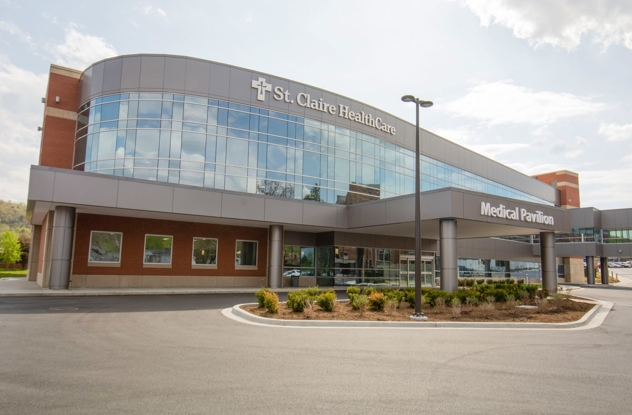
Preventative Screenings
Screening increases the chances of detecting certain cancers early, when they are most likely to be curable. Getting screening tests regularly may find breast, cervical, and colorectal (colon) cancers early, when treatment is likely to work best. Lung cancer screening is recommended for some people who are at high risk. Talk to your primary care provider to see what screenings are recommended for you.
Breast Cancer
Mammograms are the best way to find breast cancer early, when it is easier to treat. It is recommended that women undergo regular screening mammography for the early detection of breast cancer.
To schedule your routine mammogram, call St. Claire Women’s Imaging at 606.783.6760.
Cervical Cancer
Cervical cancer can be detected with a simple Pap test during a well woman visit, and when found early, it is very treatable with excellent survival rates. The Pap test can find abnormal cells in the cervix which may turn into cancer.
Cervical cancer screening is recommended every three years for women under 30 or five years for women 30 and older. Schedule your well woman exam at one of St. Claire's primary care clinics in Frenchburg, Morehead, Olive Hill, Owingsville, or Sandy Hook by calling 606.784.6641 or using our online appointment request form.
Colorectal Cancer
Colorectal cancer almost always develops from precancerous polyps (abnormal growths) in the colon or rectum. Screening tests can find precancerous polyps, so they can be removed before they turn into cancer. Screening tests also can find colorectal cancer early, when treatment works best.
Regular screening, beginning at age 45, is the key to preventing colorectal cancer and finding it early. Talk to your primary care provider and request a referral to be screened at UK St. Claire.
Lung Cancer
Lung cancer is often detected when it’s too late, but a low-dose computed tomography (also called a low-dose CT) may find cancer early. If lung cancer is found at an earlier stage, it is more likely to be treated successfully.
If you have a history of heavy smoking, and smoke now or have quit within the past 15 years, and are between 50 and 80 years old, talk with your doctor. If lung cancer screening is right for you, ask for a referral to UK St. Claire for a low-dose CT.






